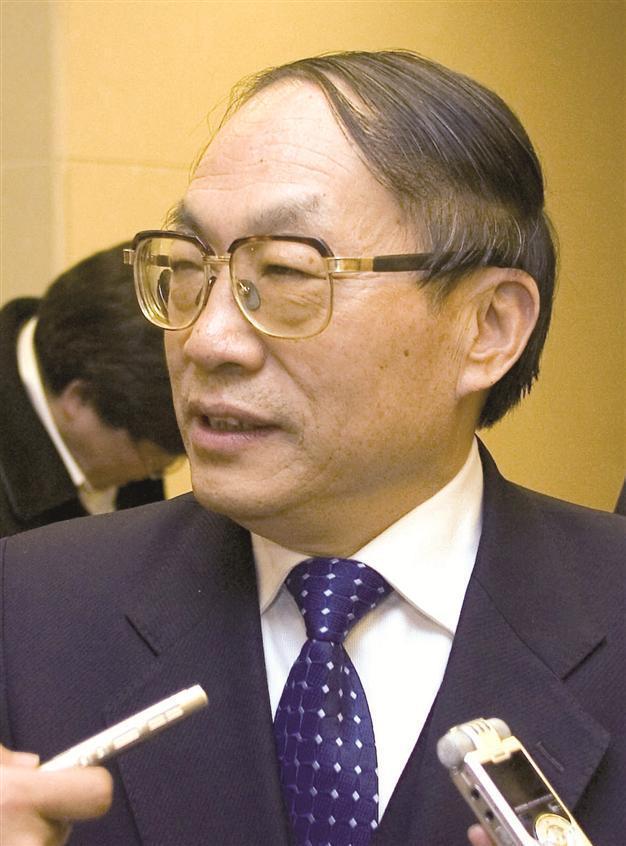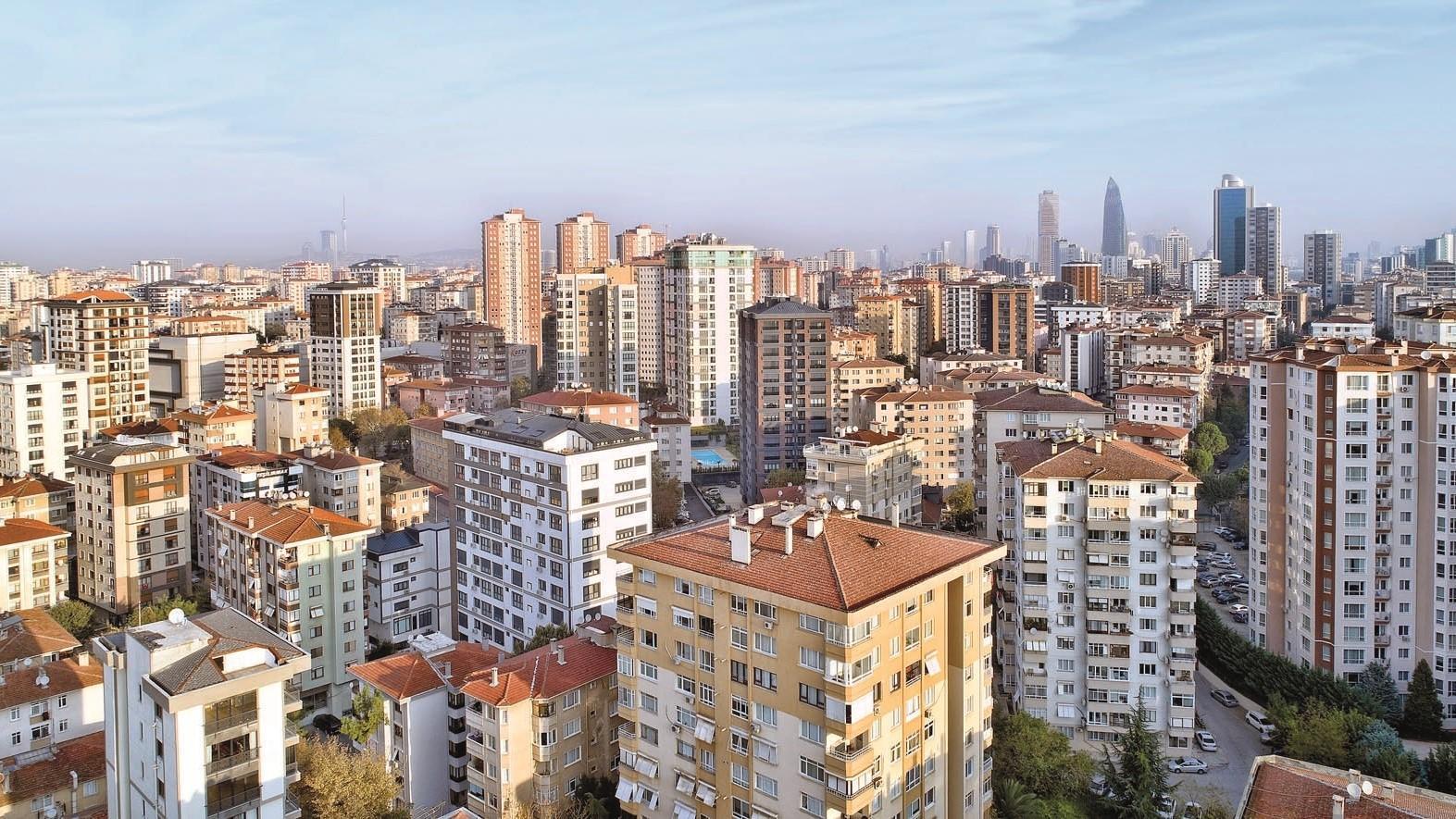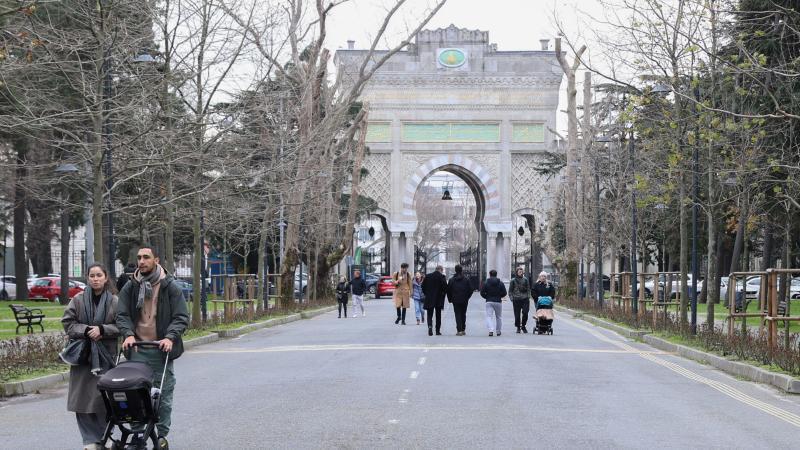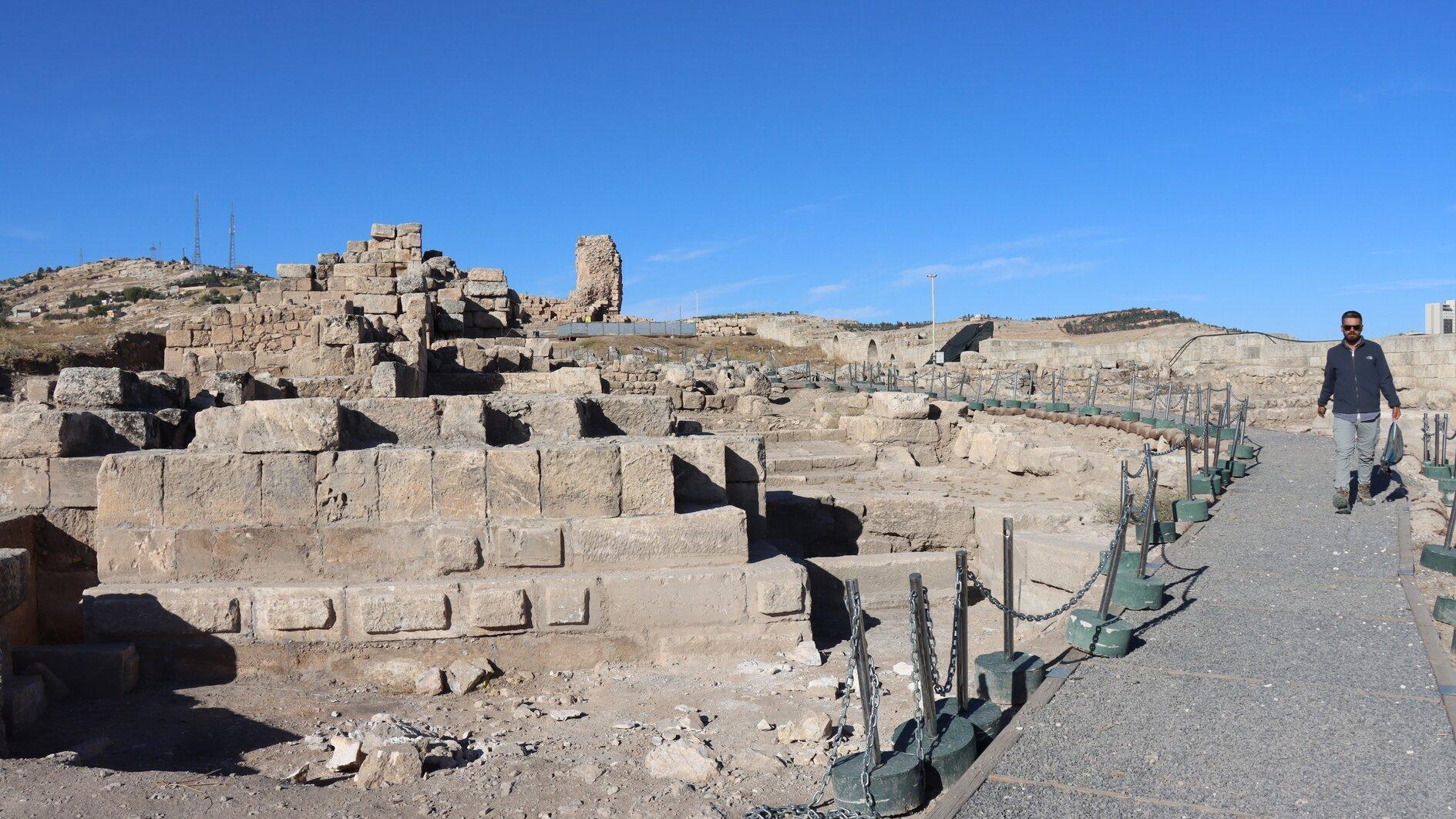Suspended death for China ex-minister's 'huge' bribery
BEIJING - Agence France-Presse

Once hailed as the "father" of China's flagship high-speed rail network, Liu, 60, was convicted of bribery and abuse of power by a court in Beijing, the official Xinhua news agency said. AFP photo
China's former railways minister Liu Zhijun was given a suspended death sentence Monday for "especially huge" bribery, becoming the highest-ranking official to be punished for corruption since new leaders vowed to clean up the ruling Communist Party.Once hailed as the "father" of China's flagship high-speed rail network, Liu, 60, was convicted of bribery and abuse of power by a court in Beijing, the official Xinhua news agency said.
State television showed the diminutive, bespectacled defendant standing impassively in the dock in a dark jacket, flanked by two police.
Liu was sacked as railways minister in 2011 after eight years in the post, and the scandal surrounding him is reported to have involved as much as 800 million yuan ($130 million).
He was convicted of accepting 64.6 million yuan in bribes to help 11 people secure contracts and promotions. The No 2 Intermediate People's Court held that Liu's crimes involved an "especially huge amount of money" and "caused colossal losses in the public assets, violating rights and interests of the state and the people", Xinhua said. "Liu Zhijun was sentenced to the death penalty with two years' suspension," a court official told AFP by phone.
Suspended death sentences in China are normally commuted to life imprisonment.
Under Chinese law capital punishment can be imposed for taking bribes exceeding 100,000 yuan.
The court found that Liu's offences deserved execution, but he was granted leniency because he had confessed, shown repentance and helped investigators recover his assets, Xinhua said.
The court ordered all of Liu's personal property to be confiscated and issued a separate sentence of 10 years in prison for abuse of power, Xinhua said.
China's rail system -- which has cost hundreds of billions of dollars -- has been one of the ruling party's flagship development projects in recent years, and the country now boasts the world's longest high-speed network.
But a high-speed crash in the eastern city of Wenzhou killed some 40 people in 2011, sparking public criticism that authorities compromised safety in their rush to expand the network.
The railways ministry was disbanded in March, with its administrative functions handed to the transport ministry and its commercial role to a new China Railway Corporation.
The country's new leaders under President Xi Jinping have vowed to fight corruption, identifying it as a threat to Communist Party rule.
In January Xi was quoted by state media as telling the party's corruption watchdog there would be "no leniency" for wrongdoing.
In May Xinhua reported that China was investigating a former top state planner Liu Tienan for alleged "serious disciplinary violations" -- phrasing which typically refers to corruption.
Bo Xilai, former party chief of the southwestern metropolis of Chongqing, is also expected to face trial for allegedly taking bribes and helping cover up his wife's murder of a British businessman.
Numerous low-level officials have come under investigation after social media users exposed alleged corruption, with some cases involving expensive watches or multiple mistresses.
Liu, a longtime railways official, studied transport management and held senior posts in several provinces before joining the national railways ministry in 1994 and rising to minister in 2003.
Users of China's popular microblog service Sina Weibo were sceptical about his punishment, with some condemning it as too lenient.
"Such good news for corrupted officials. This is encouraging them, because the worst result will just be a suspended death penalty," said one.
Another lamented: "Oh dear, now he's going to keep wasting taxpayers' money."
















